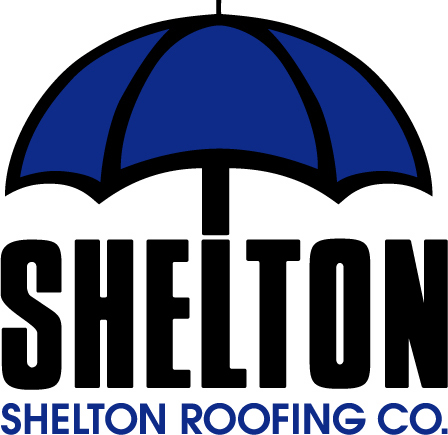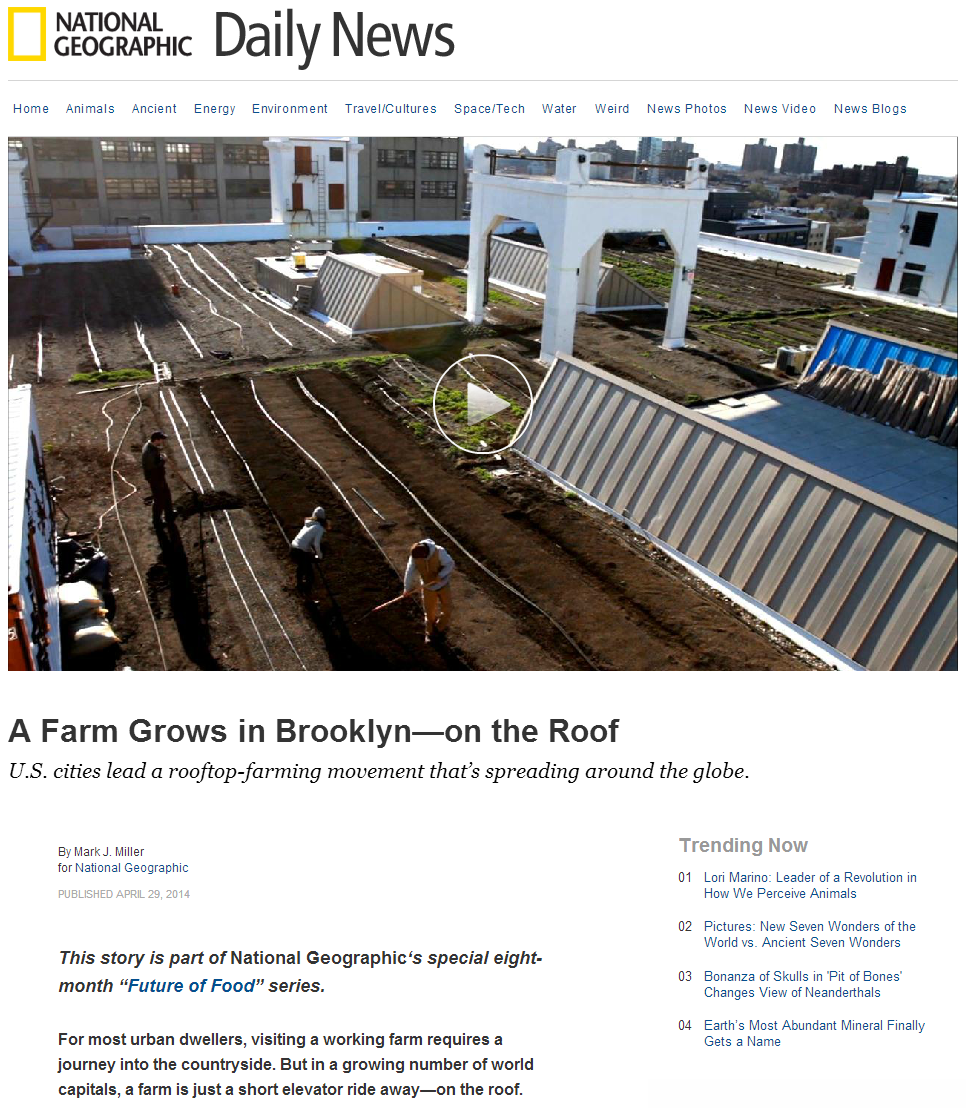Low-income Americans do not have regular access to nutritious food that benefits their overall health. In effect, they can’t avoid spending further on health care, on top of their other expenses. If there’s a will, however, there’s a way. More specifically, if there’s a roof, then there just might be room for some homegrown nutritious food. Mark J. Miller has written a story for National Geographic about a new way of farming on roofs that could become the key to finally gaining food security:
“Rooftop farming was born out of the green-roof movement, in which building owners partially or completely cover roofs with vegetation atop special waterproof membranes. Green roofs use plants and flowers to provide insulation, create a habitat for local wildlife, help control runoff, put more oxygen into the atmosphere—and provide a welcome, verdant break from urban drabness.
Rooftop farms take the green-roof concept a step further, with plots that provide fruits and vegetables for local residents and the chance for urban volunteers to become part-time farmers.”
Green roof is not a new concept as it has been a long-standing practice in many European countries. It is, however, relatively new to this side of the world, and quite positively, it just could be the one that shakes things up enough to usher in a new form of food revolution.
Urban farming, as this method is otherwise known, requires only the space on the roof of homes and building rooftops. These structures are potential spots for planting vegetables, fruits and herbs that can thrive in simple pots and vines. The only logistical requirement: an urban farming-ready rooftop. This means having a waterproof membrane to accommodate drainage and irrigation for the plants. In some cases, additional roof support is also added to help sustain shrubs and trees, and even make it possible to put in walkways and benches.
A qualified Sunnyvale roofing contractor offering re-roofing services can prepare homes and buildings for rooftop farming use. It certainly is a viable and practical option, especially when the other benefits of urban farming are factored in, such as reduced energy costs, natural insulation, and improved longevity than conventional roofs.
Those who are interested in having their own rooftop farms must first consult with companies like Shelton Roofing Co., who not only design or re-install roofs, but also conducts emergency roof repair in Sunnyvale homes and buildings, to get a holistic service.
(Source: A Farm Grows in Brooklyn – on the Roof, Mark J. Miller, April 29, 2014)

